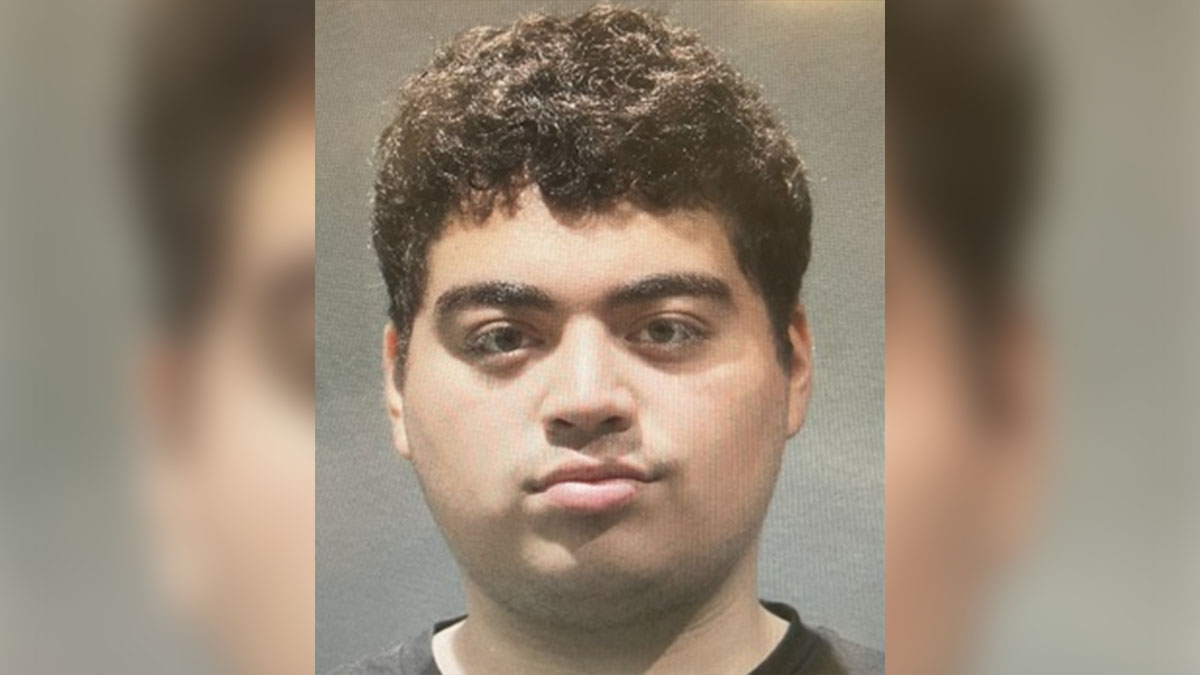This year marks the centennial of the 19th Amendment giving women the right to vote. Many who fought during the suffrage movement were African-American women from Howard University who helped pave the way for Sen. Kamala Harris, a Howard alum and member of the first Black sorority.
Harris is the first woman of color, the first alumnus from Howard University and first member of the first black sorority, Alpha Kappa Alpha, to be selected as a presidential running mate.
Valethia Watkins, director of the women’s studies graduate program at Howard University, said as we commemorate the centennial year of the 19th Amendment, it’s important to remember the Black women who fought discrimination in the woman’s suffrage movement.
We're making it easier for you to find stories that matter with our new newsletter — The 4Front. Sign up here and get news that is important for you to your inbox.
“Although it ends the fight for suffrage for one group of women, it does not end the disenfranchisement of Black women, who still faced barriers,” she said.
In 1913, thousands marched in the women’s suffrage parade in Washington, D.C., to bring attention to the movement, but historians say Black women were told they couldn’t march with white women.
Local
Washington, D.C., Maryland and Virginia local news, events and information
“The one that we refer to as the women’s suffrage is the one that we refer to the dominant activities of white women, and they often excluded Black women and discriminated against Black women,” Watkins said.
Howard University student Nellie Quander, who was also a founding member and president of Alpha Kappa Alpha sorority, sent letters stating she and her classmates wanted to participate in the parade but didn’t want to face discrimination. Historians say she never received a response, so members of her sorority and Delta Sigma Theta sorority showed up and marched alongside white women anyway.
“They wanted to be a part knowing that they probably were not going to benefit at that particular time, but they wanted to stand in the gap for us today,” said Rhonda Briggins, co-chair of the National Social Action Commission for Delta Sigma Theta Sorority Incorporation.
She said it wasn’t until the passage of the Voting Rights Act in 1965 that Black people were protected against racial discrimination in voting.
She said knowing the struggle of the past helps everyone understand the significance of what we see today.



